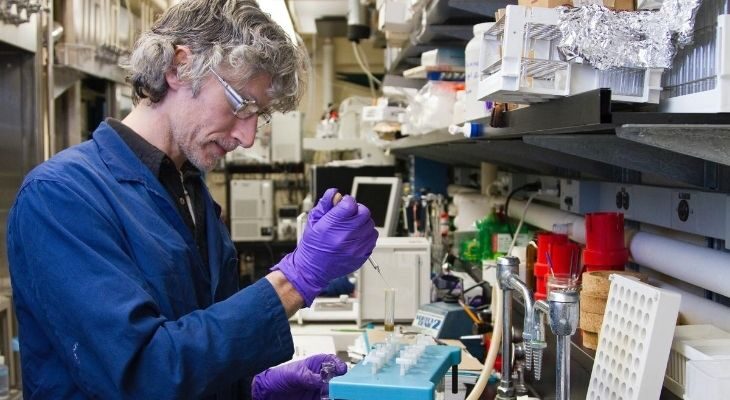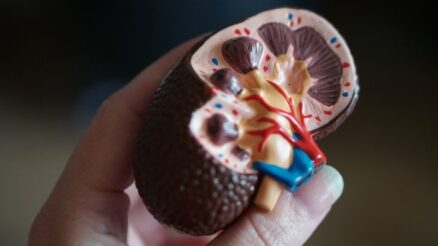Table of Contents
Prostate cancer treatment depends largely on the “grade” of the tumor.More than 217,000 new cases of prostate cancer are expected to be diagnosed in 2010 alone, making it the second most common cancer in men after skin cancer. Located in front of the rectum and below the bladder, the prostate is a walnut-sized gland that is part of the male reproductive system. “Grading” is a system that measures how different the tumor cells are from normal, healthy prostate cells. The higher the “grade,” the more likely the cancer will grow more quickly as compared to a low “grade” tumor. Recommended prostate cancer treatment options can include one or a combination of the following:
Treatment options for Prostate Cancer
Watchful Waiting Prostate Cancer Treatment
This method may be recommended if the cancer has been diagnosed in the early stage and seems to be growing slowly. Regular check-ups every three to six months that test the grade of the tumor and measure prostate-specific antigen (PSA) levels typically are completed to get a sense about how fast the prostate cancer is growing.
Surgery Prostate Cancer Treatment
Surgical options include: open surgery, laparoscopic prostatectomy, robotic laparoscopic surgery, cryosurgery or transurethral resection of the prostate (TURP). During any of these surgeries, the lymph nodes in the pelvis also will be removed and checked to see if the cancer has spread from the prostate.
Radiotherapy Prostate Cancer Treatment
This form of treatment, given externally or internally, uses high energy rays to kill the prostate cancer cells. Radiation therapy is a treatment option for any stage of prostate cancer. In the early stages, it may be given instead of undergoing surgery, or it may be performed right after surgery to help further deplete any remaining cancer cells around the prostate. It also is used to help alleviate pain in late-stage prostate cancers.
Hormone Therapy Prostate Cancer Treatment
Male hormones – also known as androgens – cause prostate cancers to grow. Hormone therapy options include surgery to remove the testicles, which stops the production of testosterone, a major source for the development of male hormones. Other options include drug therapy including luteinizing hormone-releasing hormone (LH-RH) agonists or antiandrogens, which work to either prevent the testicles from producing testosterone or block the action of testosterone.
Chemotherapy Prostate Cancer Treatment
Several different forms of chemotherapy can be used when the prostate cancer spreads beyond the prostate and hormone therapy stops working effectively.
Pain Therapy Prostate Cancer Treatment
When prostate cancer metastasizes or spreads to other parts of the body, particularly bone, it can cause extreme pain. Pain medications, bisphosphonates, steroids, external radiation or radiopharmaceuticals can be given to help alleviate the bone pain associated with advanced prostate cancer.





